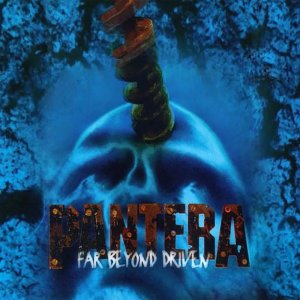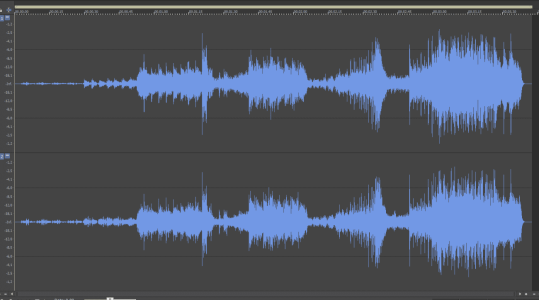So, I'm initially a metal guy. Been playing mainly guitar since early 90's, took piano lessons before that and still play a bit. Been composing and making music my whole life. Mostly melodic metal but really into instrumental guitar music in the style of Steve Vai, Joe Satriani etc. Nothing fancy in there.
For the last year I've been noodling with Dorico and doing some orchestral stuff. I do with NotePerformer and EWQL Hollywood Orchestra. Would be interested to do something more. I'm having my day job and income but always hoping for music being more than just a hobby.
I am self taught guitar player, not too sophisticated with music theory but I know basics. I mostly rely on my ears
The question is, for here on VI there seems to be a lot of pros around, am I even remotely close to what it takes?
Here's something I've done with orchestra. These are mainly scetches and and the purpose is the music (compose-wise), not the quality of sound nor realism. Don't know if I am violating rules for posting these here, so sorry for that.
A horror-ish ambient thing:
Some adventure ideas just piled together
Something again:
Something more:
-------------
And then some examples about that I've done before
Guitar instrumental #1
Guitar instrumental #2
And here's something I am proud, for getting my teens' favorite singer to sing one of my songs
https://www.youtube.com/watch?v=O_mHNfvSHBM
And here's a track from my previous band. We made two full length albums with 99% being my compositions
https://www.youtube.com/watch?v=jolqHCMIp4A
For the last year I've been noodling with Dorico and doing some orchestral stuff. I do with NotePerformer and EWQL Hollywood Orchestra. Would be interested to do something more. I'm having my day job and income but always hoping for music being more than just a hobby.
I am self taught guitar player, not too sophisticated with music theory but I know basics. I mostly rely on my ears
The question is, for here on VI there seems to be a lot of pros around, am I even remotely close to what it takes?
Here's something I've done with orchestra. These are mainly scetches and and the purpose is the music (compose-wise), not the quality of sound nor realism. Don't know if I am violating rules for posting these here, so sorry for that.
A horror-ish ambient thing:
Some adventure ideas just piled together
Something again:
Something more:
-------------
And then some examples about that I've done before
Guitar instrumental #1
Guitar instrumental #2
And here's something I am proud, for getting my teens' favorite singer to sing one of my songs
https://www.youtube.com/watch?v=O_mHNfvSHBM
And here's a track from my previous band. We made two full length albums with 99% being my compositions
https://www.youtube.com/watch?v=jolqHCMIp4A
Last edited:







